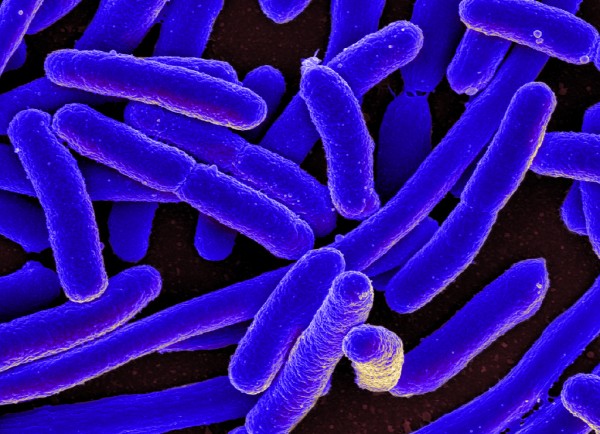By Dane Lorica, | November 07, 2016

Bacteria such as E. coli apparently behave differently in space. (Flickr)
A new study has revealed that there is a difference in how bacteria behave when they are in space.
Understanding the microorganisms' behavior in space is essential to protecting astronauts, especially on long flights. Bacteria was found to have stronger virulence, lesser antibiotic susceptibility to antibiotics, and higher multiplication rate when in space.
Like Us on Facebook
Scientists theorize that the lack of gravity reduces the extracellular molecules' movement resulting in reduced availability of nutrients.
The study by Luis Zea from the University of Colorado, Boulder, and colleagues was published in the open access journal PLOS ONE. The researchers performed a comparison of gene expression of E. coli grown on Earth and at the International Space Station. The authors discovered more genes linked with starvation were expressed when bacteria were grown in space.
Similar research in the future will help in the examination of other microorganism species subjected to different growth conditions to explain the altered growth and virulence of the microorganism in space. The microgravity environment is also being utilized for "vaccine development, finding novel molecular targets against drug-resistant pathogens and testing of molecules to be used against osteoporosis or cancer."
Understanding how bacteria behave in space "may serve not only to protect astronauts as they venture beyond Earth orbit, but these other lines of research as well," Zea stated.
-
Use of Coronavirus Pandemic Drones Raises Privacy Concerns: Drones Spread Fear, Local Officials Say

-
Coronavirus Hampers The Delivery Of Lockheed Martin F-35 Stealth Fighters For 2020

-
Instagram Speeds Up Plans to Add Account Memorialization Feature Due to COVID-19 Deaths

-
NASA: Perseverance Plans to Bring 'Mars Rock' to Earth in 2031

-
600 Dead And 3,000 In The Hospital as Iranians Believed Drinking High-Concentrations of Alcohol Can Cure The Coronavirus

-
600 Dead And 3,000 In The Hospital as Iranians Believed Drinking High-Concentrations of Alcohol Can Cure The Coronavirus

-
COVID-19: Doctors, Nurses Use Virtual Reality to Learn New Skills in Treating Coronavirus Patients







